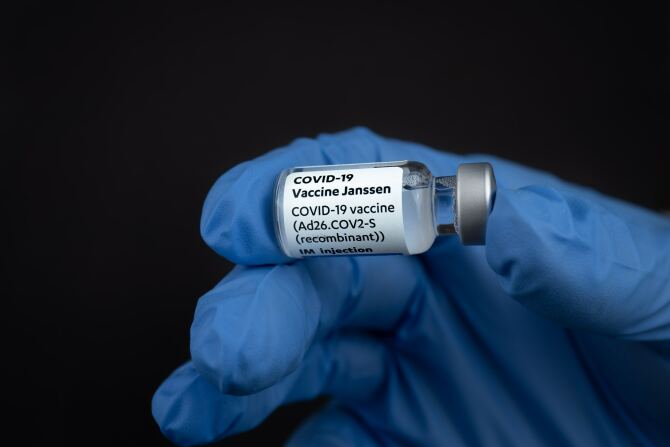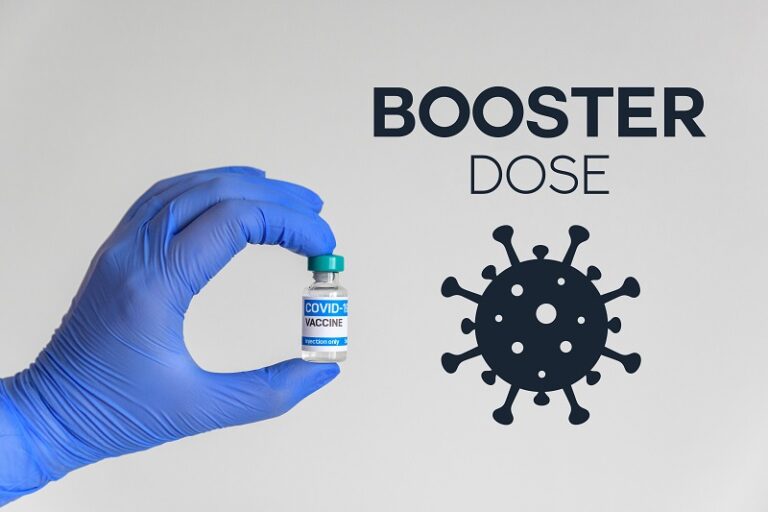We might be getting closer to developing “sterilizing immunity” thanks to the aerosols.
In trials involving monkeys and rodents that had previously received vaccinations, the boosters successfully increased immune responses in COVID-19’s home base: the respiratory tract. It is hoped that the aerosolized COVID-19 boosters could lead to simple, accessible booster doses that prevent—not just help fight—infections. Scientists have developed aerosolized COVID-19 boosters that, when inhaled, appear to stop infections in their tracks.
Even those who have received vaccinations against COVID-19, the flu, or other illnesses are susceptible to infection; at that point, the immune system must “remember” how the vaccine taught it to fight disease. This is an unfortunate drawback of conventional vaccines, which are administered by needle. Despite their many advantages, the targeted pathogen cannot be stopped from entering the body once it has already begun to replicate.
Because respiratory illnesses first replicate in the mucous membranes that line the nose, trachea, larynx, and some parts of the lungs, creating sterilizing immunity against COVID-19 would require introducing inoculations to those specific parts of the body. Vaccinologists refer to this process as “sterilizing immunity,” which allows the body to eliminate a targeted pathogen before it can replicate.

That is precisely the goal of a small number of recently developed aerosolized COVID-19 boosters. According to two papers published in Nature this month (and one pending peer review), researchers from China and the United States agree that three inhalable boosters may hold the key to completely preventing infection or, at the very least, enhancing extant COVID-19 immunity. While the Chinese booster is a dry powder aerosol, the US boosters are aerosolized or misted liquids, and both have produced promising results.
In one US study, researchers administered commercially available intranasal COVID-19 boosters to some rhesus monkeys and intratracheal booster mists to others. They observed that the monkeys treated with the latter showed a “substantial expansion” of mucosal antibodies and T-cell (immune cell) responses, allowing for “near complete protection” against COVID-19. The monkeys treated with the former did not show the same benefits.According to a Chinese study, non-human primates, hamsters, and mice that were given a single dose of a dry aerosol booster all displayed comparable increases in T-cell activation and antibody production, “collectively conferring effective protection” against COVID-19.
Non-human primates that received the booster in aerosol or mist form allegedly had “low to undetectable virus replication,” while those that only received intramuscular (needle) vaccines and boosters “showed minimal protection against virus replication in the upper airway,” according to a paper that is currently awaiting peer review.
Aerosolized boosters could be crucial to reducing infections during flu season when conventional vaccines fall short, even though COVID-19 is the priority for many vaccinologists. If sterilizing immunity can be achieved against COVID-19 using inhalable boosters, the same can be done for other respiratory illnesses, according to researchers.

